14+ SAMPLE Strategic Campaign Plan
-
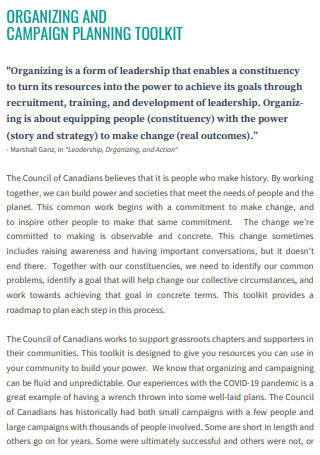
Sample Strategic Campaign Plan
download now -
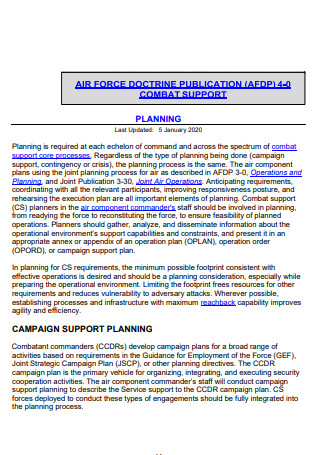
Airforce Strategic Campaign Plan
download now -
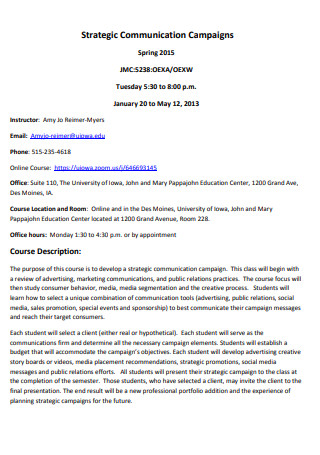
Strategic Communication Campaign Plan
download now -
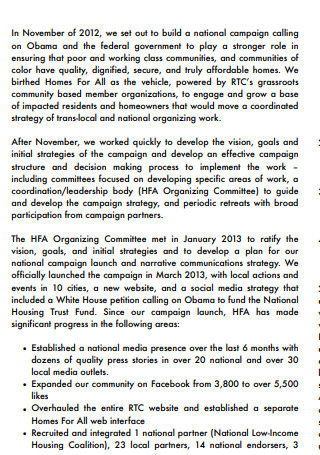
Simple Strategic Campaign Plan
download now -
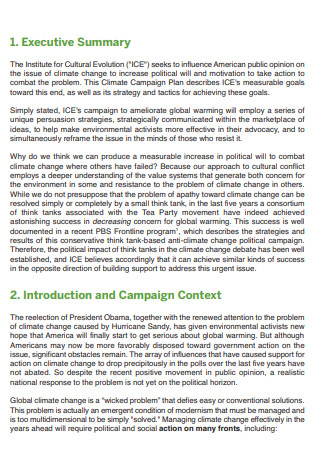
Climate Change Strategic Campaign Plan
download now -
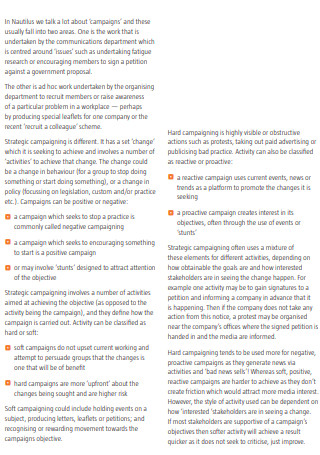
Strategic Campaign Plan Example
download now -
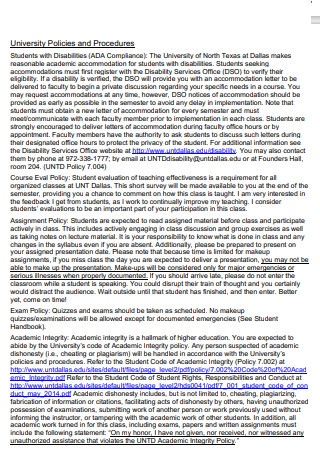
Sample Strategic Communication Campaign Plan
download now -
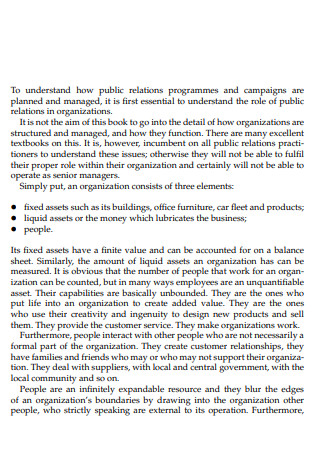
Formal Strategic Campaign Plan
download now -
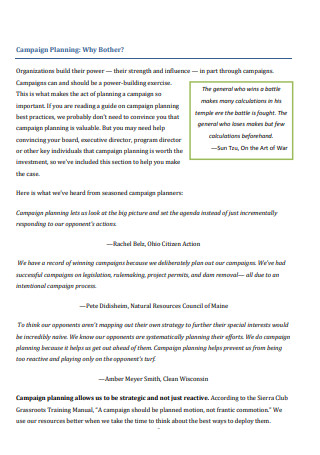
Basic Strategic Campaign Plan
download now -
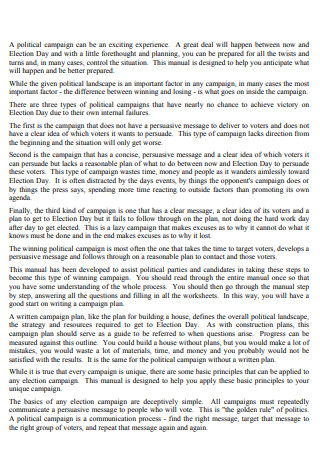
Printable Strategic Campaign Plan
download now -
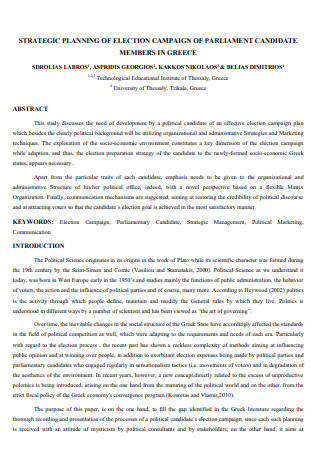
strategic Election Campaign Plan
download now -
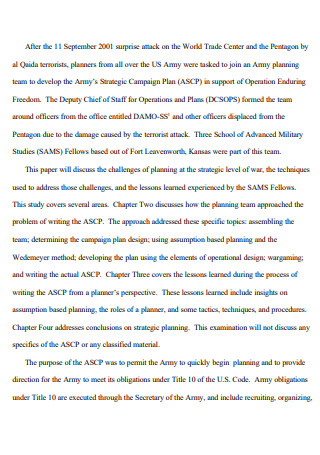
Assumption Based Strategic Campaign Plan
download now -

Global Campaign for Education Strategic Plan
download now -
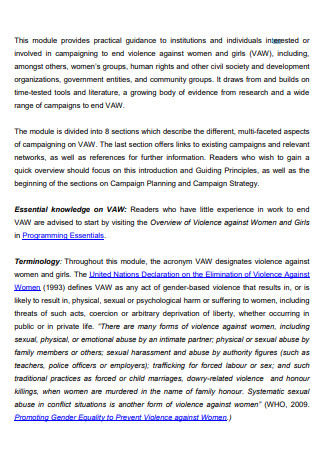
End Violence Strategic Campaign Plan
download now -
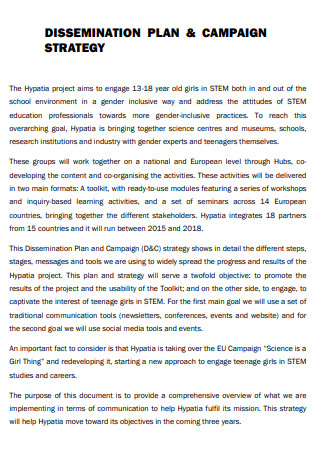
Dissemination Strategic Campaign Plan
download now
FREE Strategic Campaign Plan s to Download
14+ SAMPLE Strategic Campaign Plan
What Is a Strategic Campaign Plan?
Tips for Developing Strategic Campaigns
What Areas are Strategic Campaign Plans Useful?
How to Create a Strategic Campaign Plan
FAQs
What is a strategic campaign?
What should a campaign strategy include?
How do you strategize a campaign?
What Is a Strategic Campaign Plan?
A strategic campaign plan is a comprehensive plan that aims to influence and bring awareness to other people- regardless if it is a targeted group or not. A strategic campaign plan can be used for a variety of objectives, from social media marketing to political purposes.
According to an online article published by Redmond Channel Partner, there are six key elements of a successful campaign. The campaign must have a target, list, value proposition, offer or a call to action, delivery method and finally, the follow-up for any marketing campaign to be considered successful.
Tips for Developing Strategic Campaigns
Creating a strategic campaign plan is not a simple task. Since it ought to be a comprehensive plan, you and your team would need to actually sit down and brainstorm all kinds of tactics and strategies to develop an effective campaign plan. The examples below are some tips on how to make the best of your strategic campaign planning and brainstorming.
What Areas are Strategic Campaign Plans Useful?
A strategic campaign plan can be applied in many different areas and fields. Depending on the objective of the campaign plan, these may be similar in format but its content may vary. The most common areas where effective campaigns are needed are listed below.
How to Create a Strategic Campaign Plan
Creating a strategic campaign plan is anything but simple. It usually comes with an exchange of ideas and a lot of research and consultation. However, by using a predesigned template, you are able to cut short the time spent on format and structure and thus, are able to focus more on the content. Once you have selected a sample template that suits your needs, you just need to keep in mind the following steps:
Step 1: Set Realistic Goals
To start off any strategic campaign plan, you need to first set big yet attainable goals. You need to set realistic goals because that will be your measure of success post-campaign. You want to be able to go back to the “why” or purpose of creating a campaign plan in the first place. Doing this can help organize your thoughts and needs so it is much easier to move forward with plans and strategies. Whether it is a political campaign or a social media campaign, you need to establish the right objectives first before venturing into tactics and action plans. Keep this section brief and if you prefer to use bullet points to enumerate your goals, then do so.
Step 2: Do the Research
The next step is to conduct the proper research. You cannot run a campaign blind or with no ammunition. An important aspect of any successful campaign is the research to back up claims and arguments. To illustrate, if you are launching a product and claim it has potential benefits and low risks, consumers and prospective buyers will want to know that these claims are true and have the proper studies to support it. If you are a political candidate running for an electoral seat, you want to do enough research to know who your voters and constituents are. Before actually meeting with your constituents, you would naturally want to know their beliefs, inclinations and predicted behaviors in addition to their demographics.
Step 3: Assess the Resources
Once you have done the proper research, the next step is assessing the resources you have at your disposal. This is a vital step because you need to have an idea of what your assets are as well as your liabilities. Running a campaign costs money and time. Having an accurate assessment of your resources will help you decide whether or not to seek external funding or support for your campaign. Further, it will also serve as a basis for crafting your budget. A detailed budget or breakdown of costs should be an essential part of your campaign plan.
Step 4: Track the Progress
Lastly, you need to develop an effective monitoring tool that will enable you to track your progress as you begin implementing your campaign. It is important to measure your activity as this will also help you determine if your tactics and strategies are working or if there is need for modification or improvement. In any strategic plan or action plan, there are always hits and misses. Having a proper tracking tool in place allows you to capitalize on the hits and learn from the misses.
FAQs
What is a strategic campaign?
A strategic campaign is a deliberate and concerted effort to bring awareness to a targeted group of people in order to influence a desired outcome.
What should a campaign strategy include?
Typically, a campaign strategy ought to include a list of campaign goals and objectives, extensive research, evaluation of resources and assets, action plans and strategies, and finally, a progress monitoring tool.
How do you strategize a campaign?
To effectively strategize a campaign you need to make sure that you have proper coordination with all your team members. You need to assess your strengths, weaknesses and assets. Doing enough research and knowing your target market are key as well.
A strategic campaign plan not only needs research and support, vision and teamwork are equally important as well. Whether you are in the field of advertising, politics, or even advocacy and development, a sound campaign plan is essential. Browse the sample templates above to get started on your own campaign now!
